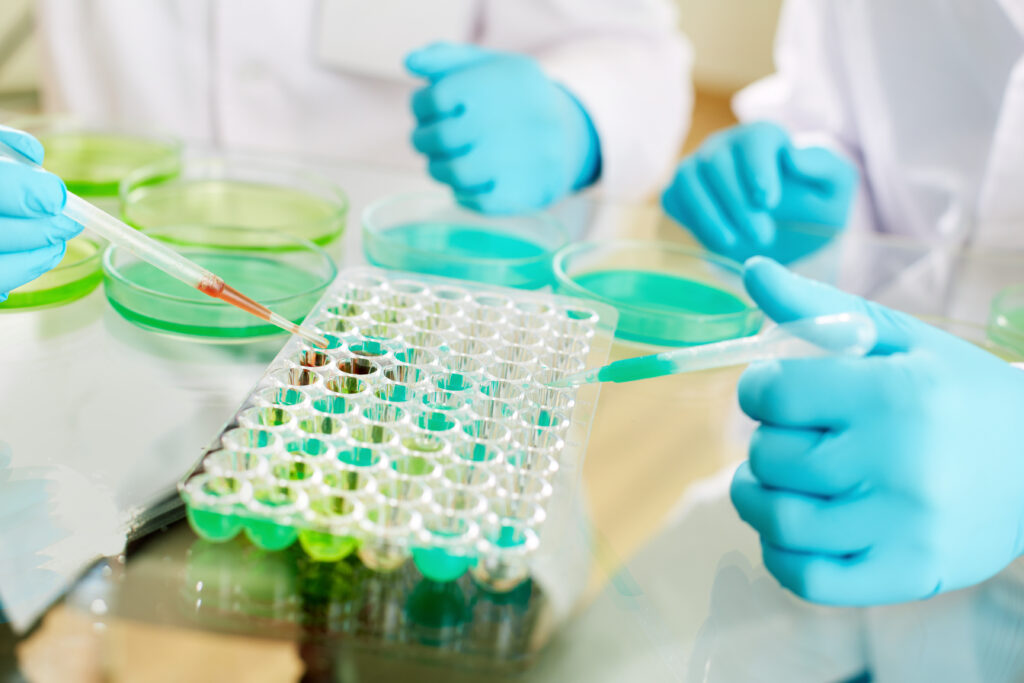
Vaccinations have long been a cornerstone of public health, designed to protect us from various diseases by strengthening our immune systems. This practice, which dates back thousands of years, has gained significant momentum in the past century as new vaccines have been developed for an increasing number of diseases.
One of the critical points in vaccination schedules is the early administration to newborns, whose immune systems are still developing. These schedules often require multiple visits to the doctor for booster shots, as babies may not respond optimally to certain vaccines on the first dose. This frequent need for booster shots can be stressful for parents and uncomfortable for the babies, who must endure repeated injections.
However, a promising development from scientists at Boston Children’s Hospital may soon alleviate this burden. The researchers have announced the creation of a new version of the Pneumococcal vaccine that elicits strong immune responses in baby monkeys. The next phase of research will involve testing this vaccine on human infants, a process that could take 10 to 15 years. Nevertheless, the initial results are promising enough to warrant serious consideration for human trials.

Currently, more than half of the vaccines administered to infants require multiple doses to ensure adequate protection. This list includes vaccines for diseases such as Polio, Hepatitis B, and Pneumococcal infections. The researchers selected the Pneumococcal vaccine for their study due to the severe impact of pneumococcal bacteria, which can lead to conditions like pneumonia, sepsis, and meningitis in babies.
The breakthrough was achieved by modifying the vaccine’s adjuvant, an additive that enhances its effectiveness. The new adjuvant, 3M-052, was compared to the traditional adjuvant Alum in the study. After 28 days, the baby monkeys vaccinated with the 3M-052 adjuvant showed significantly higher immunity levels than those given the traditional vaccine. Additionally, the new vaccine seemed to produce fewer side effects, such as inflammation and flu-like symptoms. The unique shape of the 3M-052 adjuvant helps keep the vaccine contained within muscle cells, reducing the risk of it dispersing and causing side effects in other parts of the body.
This development represents a significant step forward in vaccine technology, with the potential to simplify vaccination schedules and reduce the number of doses required for full protection. The researchers are hopeful that this approach can eventually be applied to other vaccines, making single-dose vaccinations the norm.
Gentle reminder: The information in this article is not intended to replace professional medical advice. Always consult with a qualified healthcare professional for medical concerns and advice.





Leave a Reply